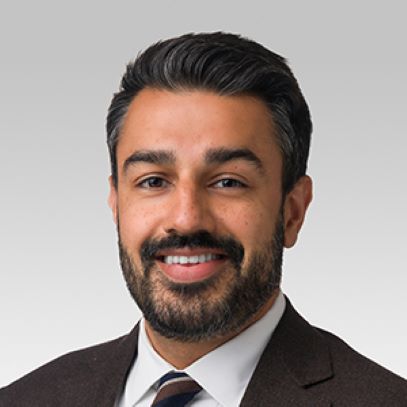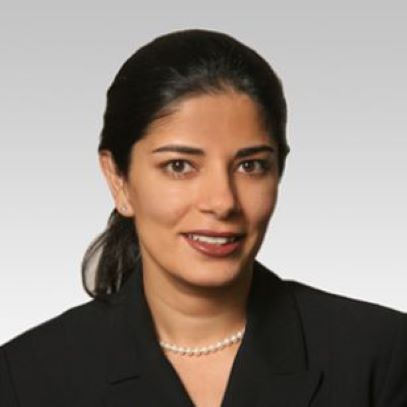Human Longevity Lab
From the Director
 Age stands as the foremost risk factor for the onset of disease and disability; however, we recognize that individuals do not age at a uniform rate. Presently, we find ourselves at a remarkable juncture in human history, with the unraveling of the biology of aging occurring alongside advancements in our capacity to accurately measure biological age. This pivotal moment presents us with the first genuine opportunity to contemplate the potential slowing or reversal of the aging process within our species.
Age stands as the foremost risk factor for the onset of disease and disability; however, we recognize that individuals do not age at a uniform rate. Presently, we find ourselves at a remarkable juncture in human history, with the unraveling of the biology of aging occurring alongside advancements in our capacity to accurately measure biological age. This pivotal moment presents us with the first genuine opportunity to contemplate the potential slowing or reversal of the aging process within our species.
The Potocsnak Longevity Institute, established in 2022, is a pioneering initiative that delves into the science of aging through various specialized centers. These include the Center for HIV and Aging, the Center for Basic and Translational Science, the Center for Population Science and Aging, and the Center for Nanoscience and Aging. Notably, the Human Longevity Laboratory (HLL) embodies the institute's dedication to precisely measuring biological age in humans and rapidly testing interventions to potentially slow the aging process. What sets our program apart is our focus on understanding the mechanisms driving accelerated aging and conducting clinical trials to assess interventions that may alter the aging trajectory for individuals facing medical conditions or other challenging circumstances.
The Human Longevity Laboratory at Northwestern Medicine is now operational, aiming to conduct multidimensional phenotyping to measure biological age in participants. Our comprehensive protocol encompasses assessments across various systems (cardiovascular, respiratory, neurocognitive, metabolic, musculoskeletal), alongside cutting-edge molecular profiling of the epigenome, proteome, and transcriptome. Over the coming year, we plan to enroll a diverse cross-sectional cohort, representing individuals of all ages, ethnicities, and socioeconomic backgrounds. This data will be leveraged to develop AI-based tools aimed at identifying the markers of healthy aging.
Douglas E. Vaughan, MD
Director, Potocsnak Longevity Institute
Inside the Human Longevity Laboratory
Human Longevity Lab Study Design
Scientists want to learn about the relationship between chronological age (how many years old you are) and biological age (how old your body appears in terms of your overall health), and how they may differ. This relationship is key to understanding human longevity and how health affects the trajectory of aging. Knowledge gained from this research may allow scientists to develop methods to improve human lifespan and let people live longer, healthier lives.

Chronological age refers to the actual time a person has been alive typically measured in years from their date of birth. Biological age refers to an individuals age as estimated by their physical health and function and molecular profiling which can be influenced by factors such as genetics, lifestyle and diet.
This longitudinal observational study includes a one-time visit lasting approximately 60 to 180 minutes with followup by participants to provide updates on their health status.
 Testing includes the following carefully selected structural and functional assessments known to change with age:
Testing includes the following carefully selected structural and functional assessments known to change with age:
- General Metrics
- Neurosensory
- Cardiovascular
- Biomarkers
- Pulmonary
In the News
- Tune in to the Breakthroughs podcast to hear from our associate director, John Wilkins, MD.
- Listen to longevity "Blue Zones" expert Dan Buettner in conversation with NPR's Allison Aubrey as they discuss the work being done here at the Human Longevity Lab.
- Follow along as the Today show participates in our study.
- Listen to NPR's Allison Aubrey report on our work.
Our Team
Contact Us
If you are a scientist interested in collaborating on research or a member of the media, please contact us at nm.longevity.lab@nm.org.
If you are interested in participating in the Human Longevity Lab's study, please complete our interest form.




